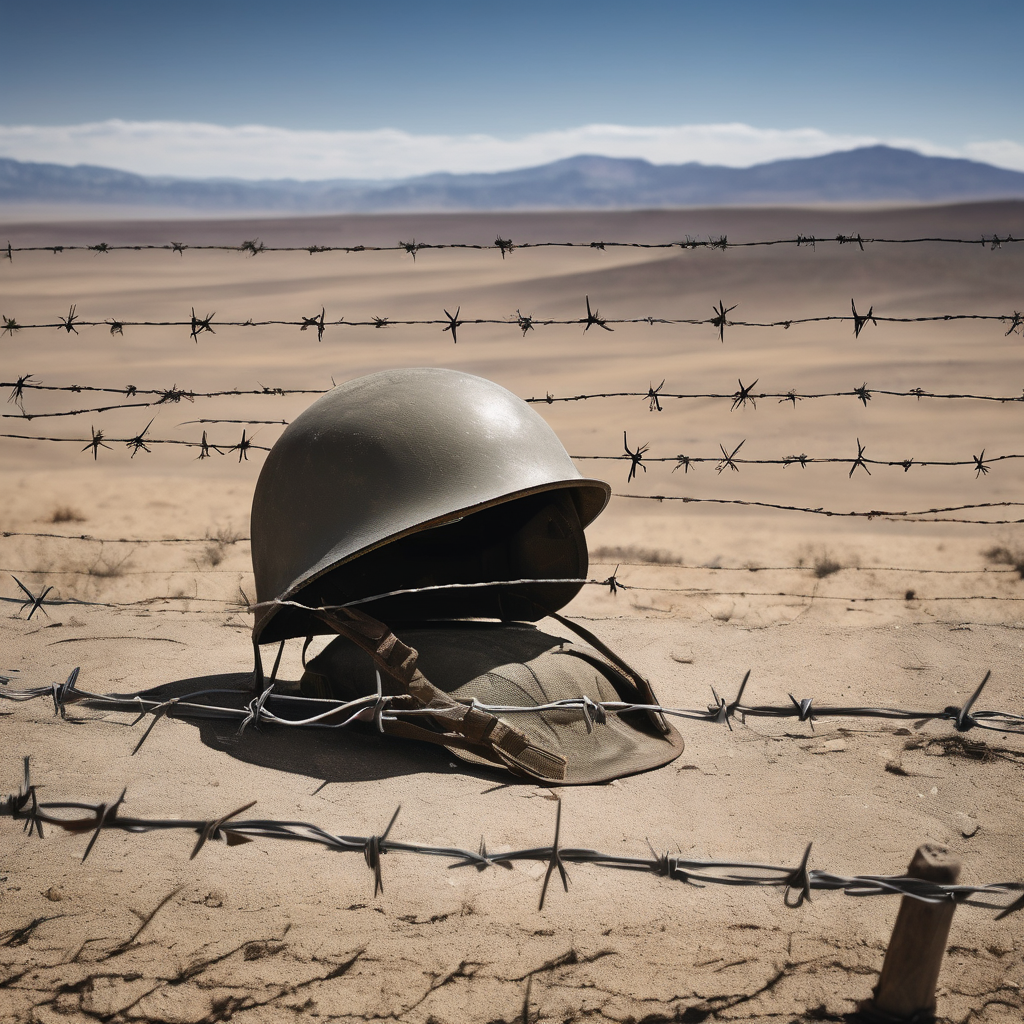Dozens of fighters lost their lives during intense overnight clashes along the Pakistan-Afghanistan border, marking the most severe fighting between the two neighbors since the Taliban’s rise to power in Kabul. Reports from the Pakistan military indicate that 23 soldiers were killed, while the Taliban claimed to have lost nine members in the incident.
Tensions have escalated recently due to Islamabad’s demands for the Taliban to take action against militant groups that have been increasing attacks against Pakistan from Afghan territory. Although the Taliban denies the presence of Pakistani militants on its soil, the conflict underscores deeply rooted grievances and distrust between the two nations.
Both sides claimed to have inflicted extensive casualties on each other, with Pakistan alleging that they killed over 200 Taliban and associated fighters, while Afghanistan asserted that it had taken down 58 Pakistani soldiers. However, independent verification of these figures by Reuters has not been possible.
The violence followed a series of airstrikes by Pakistan, reportedly targeting areas in Kabul and adding to the ongoing cycle of retaliation. Afghan forces allegedly opened fire on Pakistani border posts, which prompted a counter-response involving gunfire and artillery by Pakistan.
While the recent exchanges of fire reflect a deteriorating situation, there is a glimmer of hope for resolution. International pressures and calls for dialogue may provide an opportunity for both nations to de-escalate the ongoing violence and seek diplomatic solutions to their conflicts. As these disputes continue, the importance of communication and cooperation between Pakistan and Afghanistan remains crucial for maintaining stability in the region.
